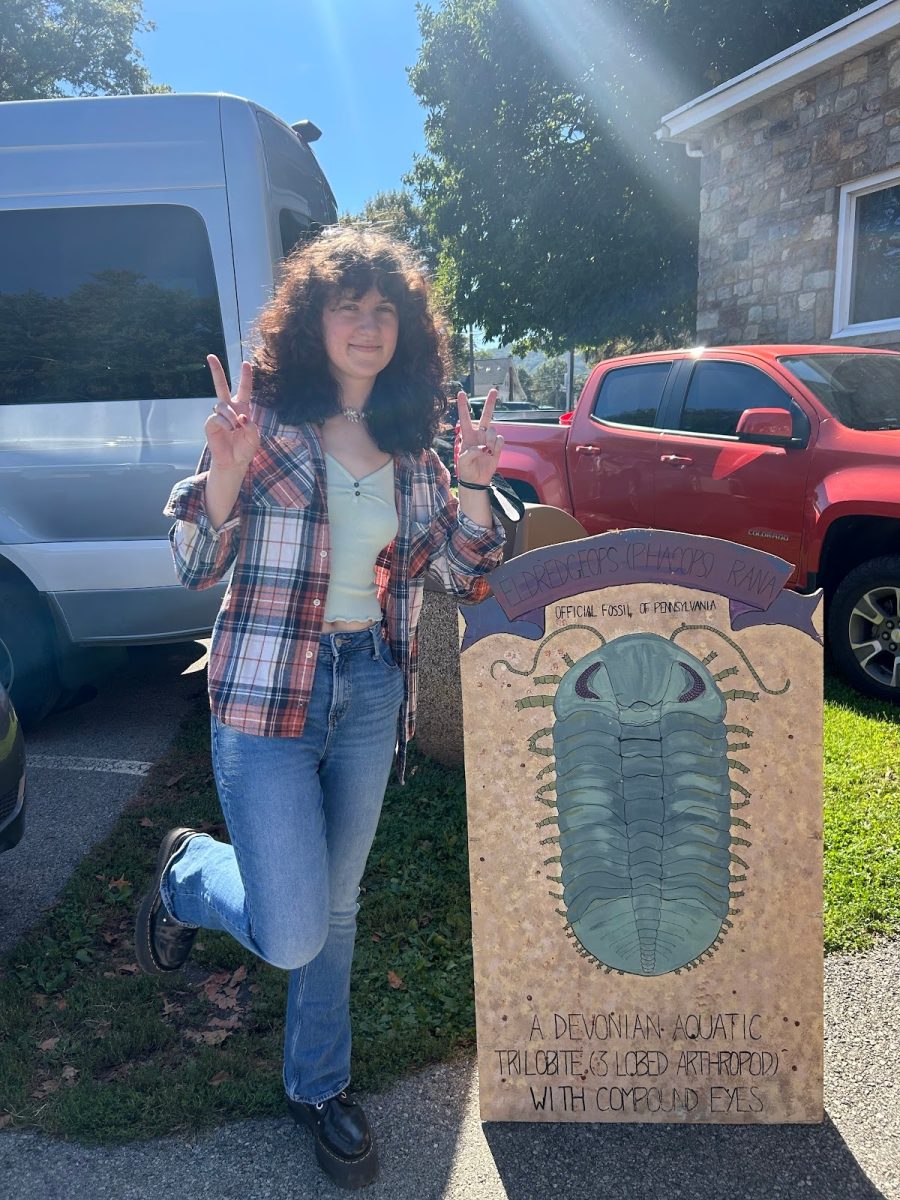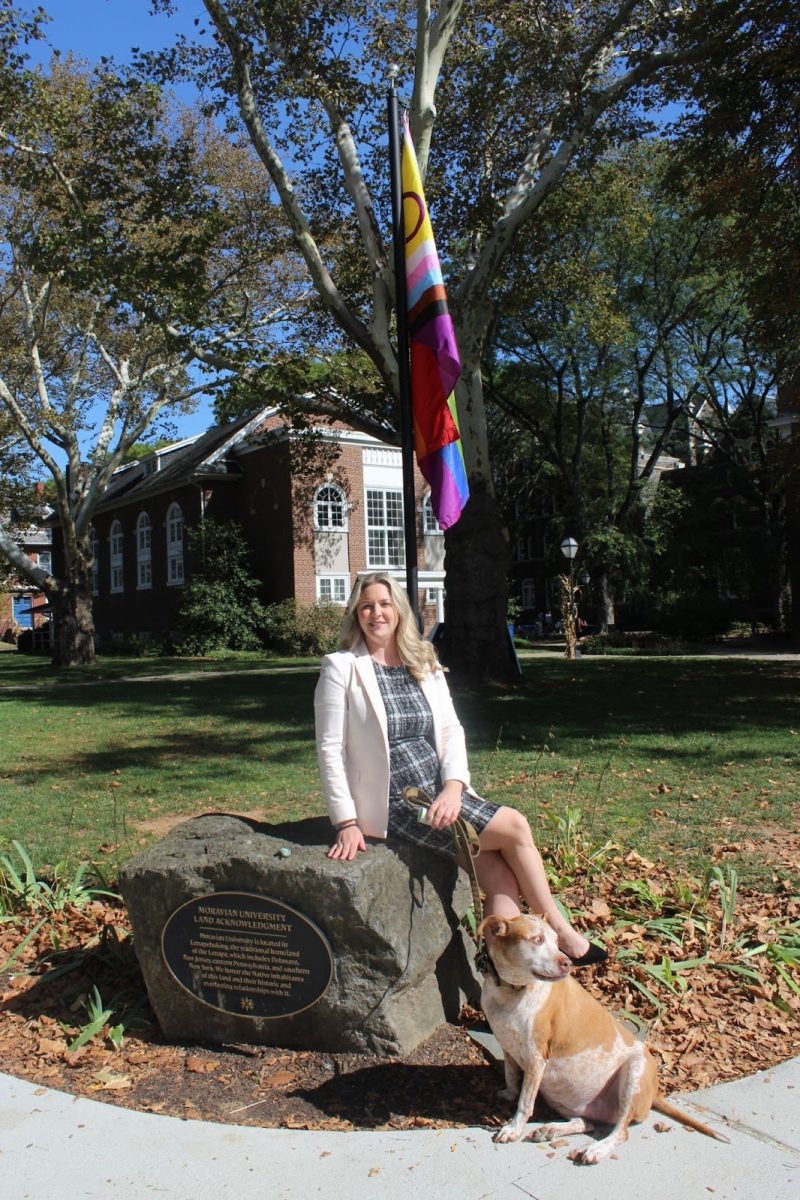
In the wake of recognizing Latin literature, Dr. Nilsa Lasso-von Lang’s book, Gloria Guardia (Panama): Critical Approaches vol. 3. Series Essential Writers of Central America, brings to life the versatility and social awareness of Panamanian-Nicaraguan writer, Gloria Guardia.
Dr. Lasso-von Lang is an Associate Professor of Spanish and Literature at Moravian and Assistant Director of Multicultural Enrollment. This volume is a part of a larger project on postmodern Central American writers and includes interviews, reviews, essays, newspaper columns, and personal and professional photographs.
In addition, it also presents critical approaches to understanding Guardia’s literary art written by scholars from Australia, Colombia, Costa Rica, Germany, Mexico, Nicaragua, Panama, Puerto Rico, Spain, and the United States.
In this volume, Dr. Lasso-von Lang describes Guardia’s life work, from her bilingual upbringing in Illinois and her settling in Panama to her prolific, humanist novel-writing and outspoken activism.
Dr. Lasso-von Lang first came across Guardia’s works in high school when she still lived in Panama and later explored how such a versatile female writer was overlooked.
“If male writers are neglected in this region, imagine the women left behind,” she said.
As a Panamanian herself and a scholar with a PhD in Latin American Studies, Dr. Lasso-von Lang decided then to research not just Guardia but other little-known Central American female writers
Gloria Guardia was born in San Cristobal, Venezuela in 1940, into a family that appreciated the arts. She attended Vassar College and Columbia University, where she developed a love for philosophy, interdisciplinary studies, and literary criticism.
At age 21, Guardia wrote her first novel, Tiniebla Blanca/White Darkness (1961), about a student who falls in love with her young uncle. In it, she explores realism and character development, which would help with later historical novels dedicated to her motherlands of both the U.S. and Panama.
Her trilogy, Maramargo, saw a shift in her writing style. She decided to incorporate culture and politics into her novels more. El último juego/The Last Game (1977, Central American Novel Award), Lobos al Anochecer/Wolves at Night (2006), and El Jardín de Las Cenizas/The Garden of Ashes (2011)) focus on social conditions, the Panama Canal negotiations, and Panamanian-U.S. relationships since and before Panama’s independence.
Guardia’s postmodernist writings adopt a unique technique that combines history with facts and fiction and denounces dictators and external, corrupt forces in the Panamanian government. Her third novel, Libertad en llamas/Freedom on Fire (1999), examines the national situation in Nicaragua, focusing on the War of Sandino (1927-1928) and the national emancipation. She continued to denounce governmental abuses in En el corazón de la noche/In the Heart of the Night (2014), her last published novel. The setting of this historical novel is the Basque town of Guernica during the Spanish Civil War.
Aside from her novels, Guardia wrote critical essays such as La Mujer en la Academia/The Woman in the Academy (1989). She was also a literary critic, ABC News correspondent, and journalist, writing for La Prensa, Panamá América, and Cambio. Additionally, she was a lexicologist, philologist, and member of the Panamanian Academy of Letters, the Spanish Royal Academy, and the Colombian and Nicaraguan Academy of Letters. She also served as VP of the Poets, Essayists, and Novelists International Foundation.
In Cartas apócrifas/Apocryphal Letters (1997, 2005), one of her most substantial collections of short stories, Guardia’s epistolary fiction and criticism fusion is evident. She recreates fictitious letters written by six well-known women: Teresa de Jesús, Virginia Woolf, Teresa de la Parra, Gabriela Mistral, Simone Weil, and Isak Dinesen.
Guardia devoted many years to researching the works of these writers. She builds gender awareness, and challenges existing gender roles and relations in a narrative style where characters surprise and subvert. Even though the different voices are independent, they continue to harmonize with each other. The work displays a plural consciousness that lets readers see how reality appears to each character.
Stories from the collection Cartas apócrifas/ Apocryphal Letters as well as La carta/The Letter, “Otra vez Bach”/ “Once Again Bach,” and other selections in anthologies have appeared in Spain, the United States, France, England, Italy, Poland, and Japan. Cartas apócrifas was awarded the National Short Story Prize from Bogotá, Colombia.
Guardia’s storytelling majesty and literary works have had a lasting impact on the literary sphere. Her critiques on governmental abuses, women’s rights, and oppression remain relevant and prove how a good writer should investigate and know what is happening in the world around them.
As a larger part of an ambitious project series, this volume aims to highlight the impact of learning and being open-minded. From interviewing Guardia herself and compiling her extensive works for her project, Dr. Lasso-von Lang wants readers to understand that “We have to be aware of what is happening around us and our surroundings by having a global mentality.”







